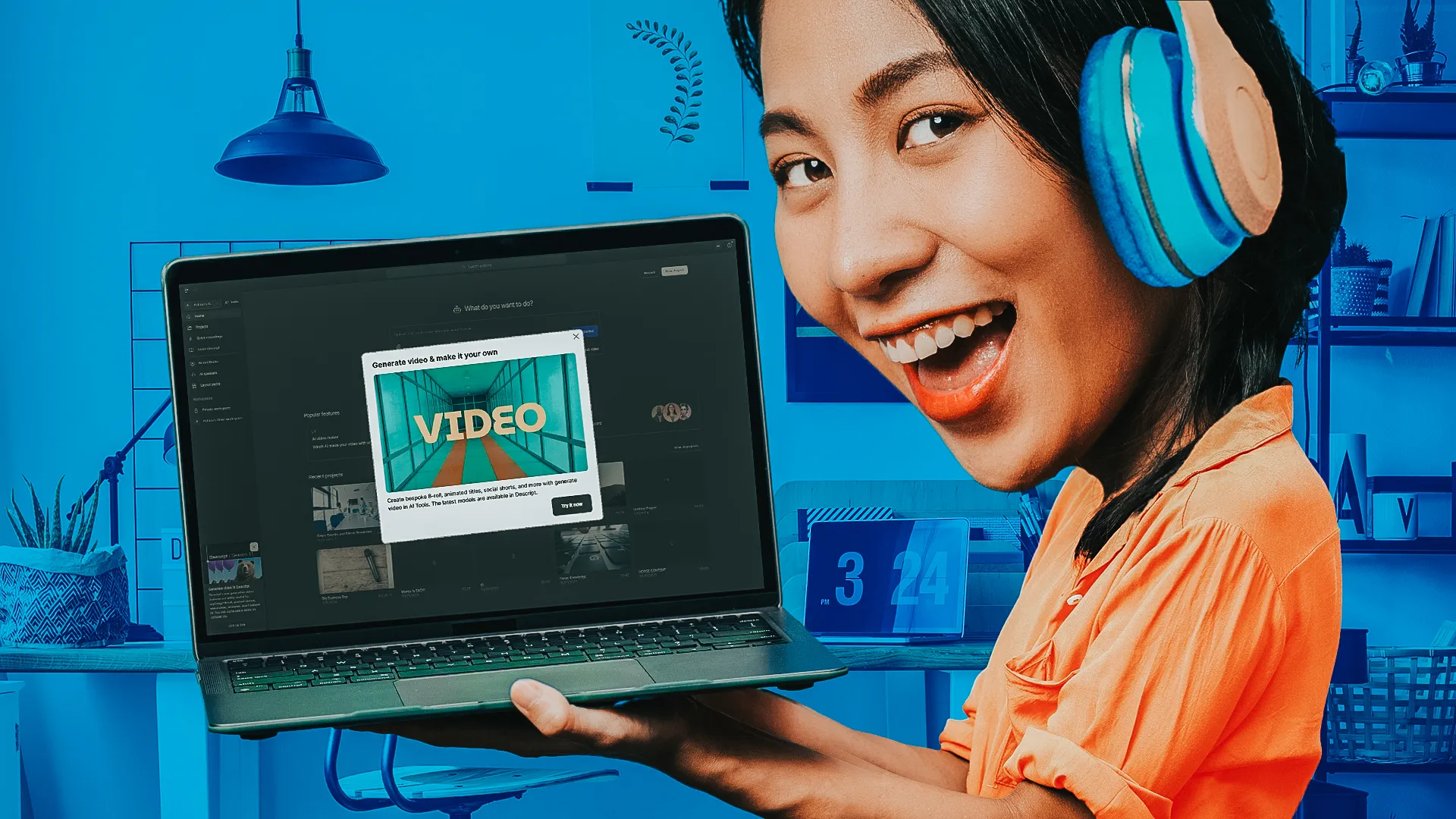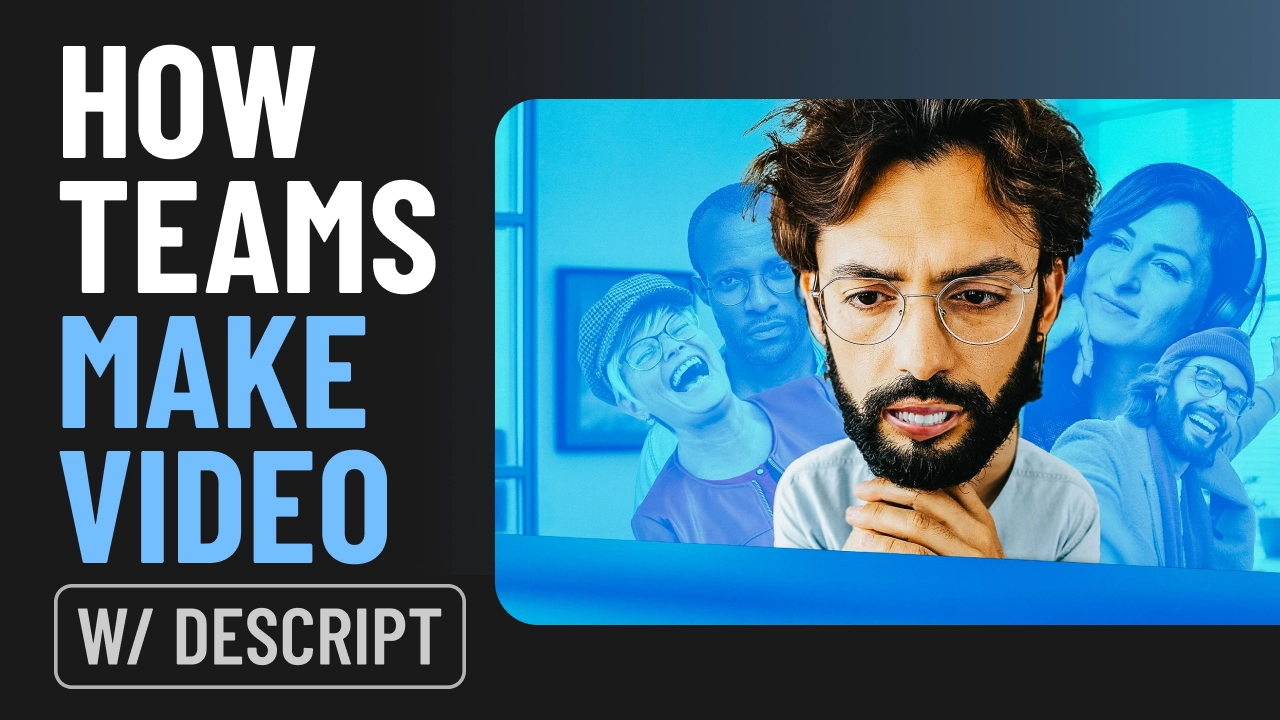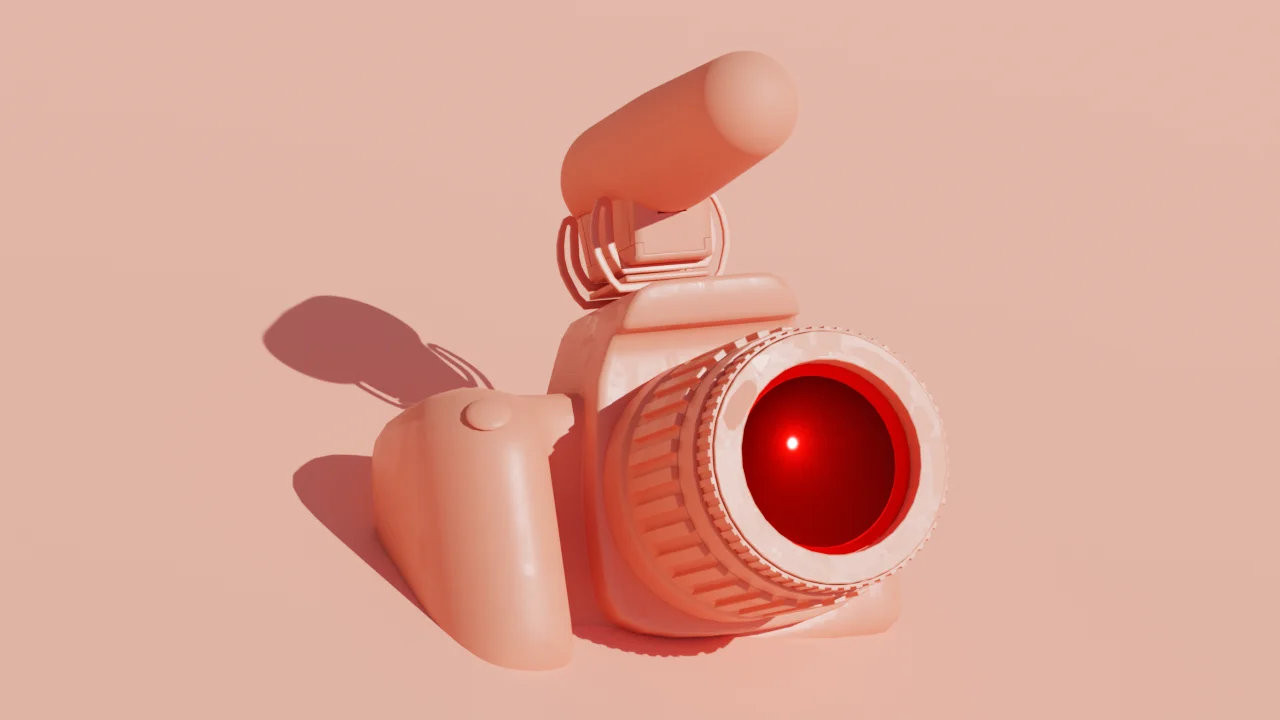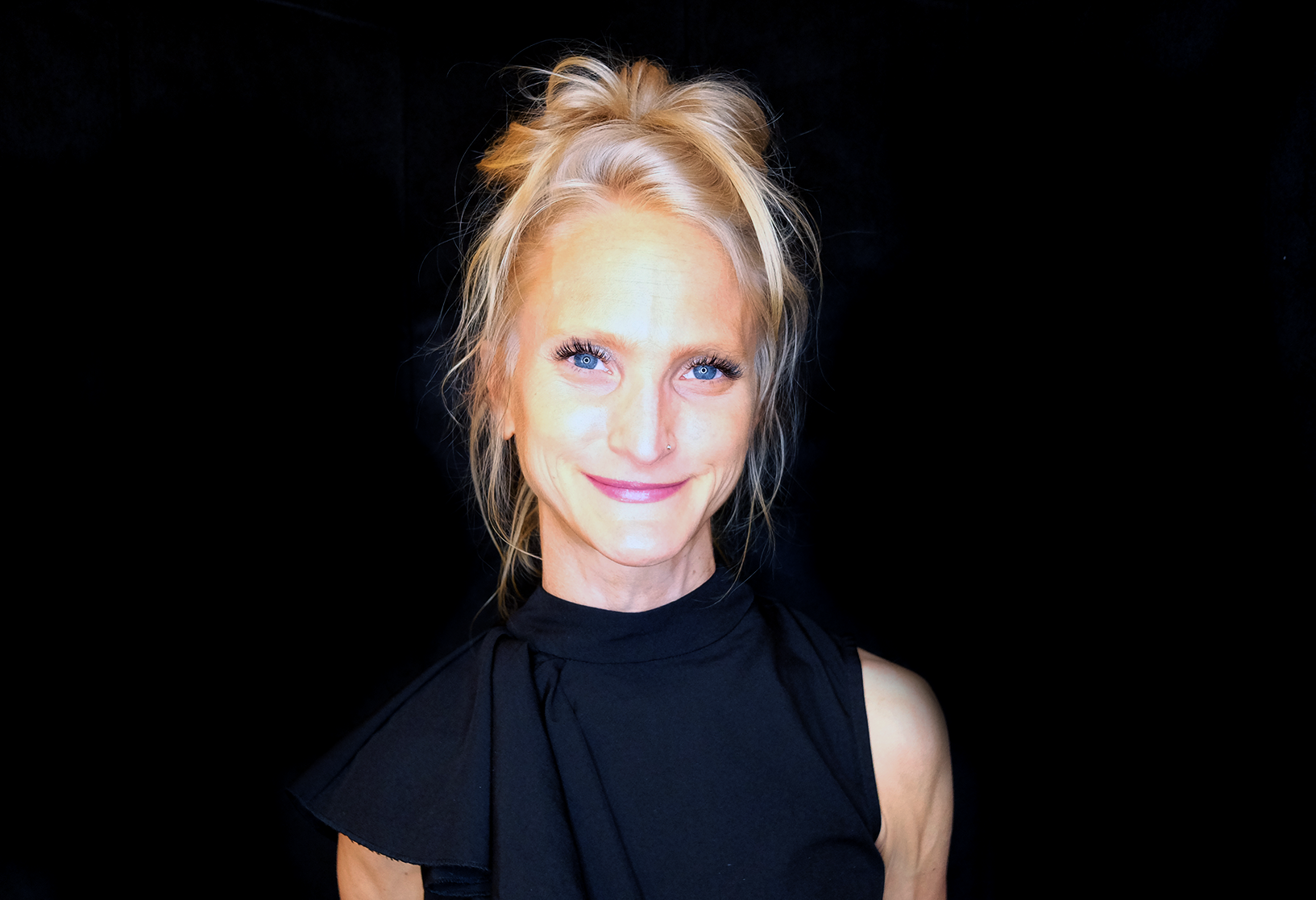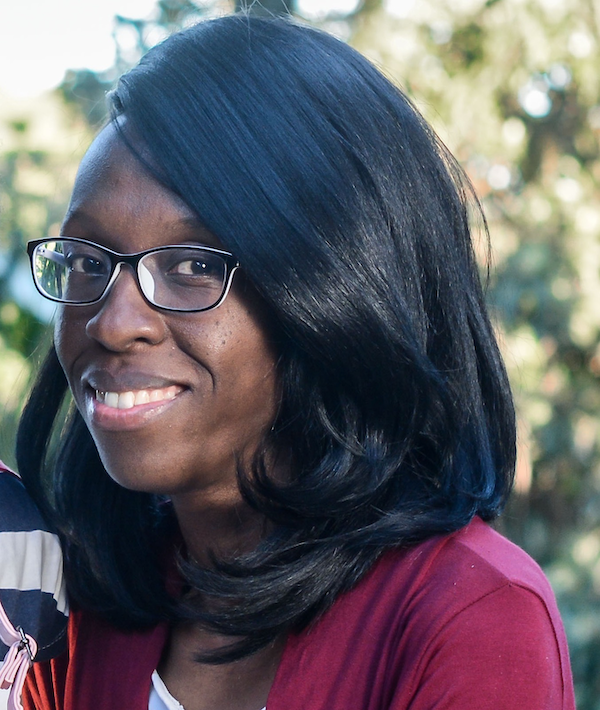If you’ve never listened to a podcast, first of all, no judgment here. But you are in the minority: Studies show that 79% of Americans have listened to at least one podcast.
Many are serial listeners: just over a quarter tune into their favorite podcasts weekly—hence why media player Spotify has over five million different shows available to download right now.
Put simply, podcasts are kind of a big deal. But if you’re unfamiliar, it’s not too late to catch up. This article will cover everything you need to know about podcasts, how podcasts work, and how to create your own.
What is a podcast and how does it work?
A podcast is a digital audio file you can download or stream on-demand. You can listen to podcasts through a podcast app like Spotify or Apple Podcasts, regardless of whether you use a Mac or Windows computer, an iPhone, or an Android device.
All podcasts are audio content, but some creators also film video podcast episodes for various social media platforms. It's why you can watch video podcasts on YouTube.
Every podcast has a general topic. Within the show, individual episodes will cover different aspects of that podcast topic. And because podcasting has become mainstream, you’ll find podcasts in almost every niche or industry you can think of—from collecting fountain pens to training huskies.
Why is a podcast called a podcast? A brief history of podcasting
The original podcast was created by former MTV star Adam Curry and software developer Dave Winer in 2004. Together they created iPodder—a program that allowed people to download internet radio show broadcasts to their Apple iPods. From there, we came up with the term “podcast” by combining the words “iPod” and “broadcast”.
Podcasts, once a humble medium of communication, have evolved into larger productions that command huge audiences. They’ve also taken the torch for investigative journalism, unearthing truths and presenting news with a depth and nuance that legacy media often misses.
Advances in technology have been a catalyst for the podcast’s evolution. Recording software has made it possible for anyone with a story to start a podcast from their living room. Readily available podcast equipment, from high-quality microphones to soundproofing materials, has further democratized the format. Not to mention, our mobile devices have become both the studio from which we can broadcast and the theater where we listen.
 |
As we look into the future, it’s clear podcasts will continue to evolve at the hands of creative producers. Who knows what the next chapter in the story of podcasts will be?
What are podcasts used for?
The main purpose of a podcast is to entertain, educate, or inspire an audience. Depending on what listeners are looking for, they can use podcasts to learn a new skill, help them sleep or soothe anxiety, or just be entertained.
For many creators, the goal is to get as many listeners as possible, usually in order to sell ads and sponsorships. For journalists and storytellers, that usually means crafting a compelling narrative that keeps listeners coming back. For an influencer, that could mean giving tips or tutorials about their expertise. If a podcast is created by a brand or business (like Shopify’s Shopify Masters), the purpose could be educating their audience and promoting their products.
8 types of podcasts
There are a ton of different types of podcasts. Choosing the right one is the first step to creating a successful show. Here’s a non-exhaustive list of the most popular podcast formats out there:
- Interview podcasts: These are all about variety, with each episode featuring a new guest and fresh perspectives.
- Conversational/co-hosted podcasts: Picture a friendly chat on a comfy couch, where hosts bounce ideas off each other.
- Solo podcasts: Solo shows are the essence of personal touch, a one-person show where the host shares their thoughts or expertise.
- Scripted fiction podcasts: These are audio dramas, crafting stories with actors, sound effects, and music. They're like a movie for the ears.
- Scripted nonfiction podcasts: Think of these as audio documentaries: they tell true stories with careful scripting. They're immersive and often turn into binge-worthy series. This American Life is the champion of this format, as are many NPR podcasts.
- Call-in podcasts: These are spontaneous and unpredictable, with live listener interactions shaping each episode.
- Repurposed content podcasts: This format recycles content from other mediums into podcasts, like turning a true crime TV show into an audio show.
- Hybrid podcasts: These are the wild cards, mixing up formats for variety. They can shift from interviews to solo episodes—you never know what you’re gonna get.
Although podcasts are typically audio recordings, a lot of podcasters (especially those who use the talk show-style structure) also upload video versions of their episodes as a video podcast. They may even share snippets of their show in separate video files on social media, where short-form video reigns supreme.
🎧 Start listening: The 15 most popular podcasts right now
Podcasts vs. other shows
Unlike shows on radio stations or TV that have to appeal to a broad audience, the beauty of podcasting is that shows can be incredibly niche and still have a significant following. In the same way that searching for a specific interest on Google will show you that others share that same interest, searching for a particular interest in a podcast app will show you that others are just as passionate about that interest as you are.
The podcast medium also tends to veer away from stiff anchors or hosts. It encourages a feeling of familiarity—especially if the podcast's topic is very niche. And with the ability to listen to podcasts on smartphones at any time, listeners quite literally will have hosts directly in their ear.
Should you start a new podcast? Pros and cons
There’s a lot to consider before you run with a podcast format and start recording a new show. Let’s explore the advantages and disadvantages of starting a podcast before you make a decision.
Benefits of starting a podcast
- Global reach and audience growth. Since podcasts are distributed on the internet, your show can have a global audience. That means a limitless potential for growth.
- Monetization opportunities. Businesses and brands are always looking for new potential customers. As the owner of a podcast, you can monetize your show with affiliate marketing and sponsorships. The bigger your listenership, the more money you can make podcasting.
- Creative expression and branding. Having your own podcast is a great way to flex your creative muscles and to tell your audience about your mission—especially if you have an innovative or nuanced idea.
- Engagement and community building. To build a loyal following, you’ll need to engage with your audience and create deeper relationships. Podcasts are also a great way to build a community of people with like interests.
Drawbacks of starting a podcast
- Podcast production demands time and effort. Market research, writing out a script, the podcast recording process, editing, writing show notes, updating your podcast website—the list of tasks goes on. If you’re posting new episodes once a week, expect to spend a few hours a week on your show.
- Competition and discoverability. There are a lot of podcasts out there, so getting your audience to find yours can be difficult. You’ll need a strong, unique selling point to stand out.
- Startup and maintenance costs. Unfortunately, there are startup costs when starting your own podcast. You’ll need podcast equipment, recording and editing software, and a podcast hosting platform. Many of these require monthly subscriptions, some of which must be maintained just to keep your podcast publicly accessible.
- Technical hurdles. If you’ve never produced and edited audio before, there’s a lot to learn. Recording levels, EQ and compression, loudness standards, file formats, metadata, the list goes on. For some people, this is a welcome challenge. If you’re not one of them, you may want to consider hiring outside help.
🎙Get started: The 10 best podcast hosting services
The best tool to start your podcast
Finding the right tools to create your podcast can make or break your show.
Podcasting tools like Descript allow you to record, edit, and publish your podcast all in one place. It eliminates two of the possible drawbacks of starting a podcast: technical ability (it’s easy to use) and cost (it’s free).
Even if you have no prior experience, anyone can create a successful show with pro podcast features like:
- Automatic transcription for your podcast show notes
- High-quality video and audio recording
- Library of royalty-free songs and sound effects
- Filler Word Removal to eliminate “ums,” “uhs,” and repeated words
- Studio Sound to get professional-grade sound—without an expensive microphone
- Social Post Writer to save time sharing your podcast on social media
Take a free tour today and see why Descript is the go-to podcast editor for some of the world’s most successful podcasts.
What is a podcast FAQs
How do you listen to podcasts?
Podcast listeners can find their favorite shows through podcast directories like Apple Podcasts (formerly iTunes), Spotify, and Google Podcasts.
How do podcasts work?
Podcasts work via several steps. First, the creator uploads an audio file to a podcast RSS feed. Directories like Spotify and Apple Podcasts pull new episodes from this feed, which allows people to listen to new episodes in their preferred media player.
Are podcasts really free?
The vast majority of podcasts are free to listen to. The only costs you might incur are for extra features in your podcast app and premium subscriptions to certain podcasts.
Does anyone listen to podcasts?
Podcast statistics show this content format is more popular than ever. Some 18% of people listen to podcasts on a daily basis; another 15% tune in to their favorite podcasts every week.























